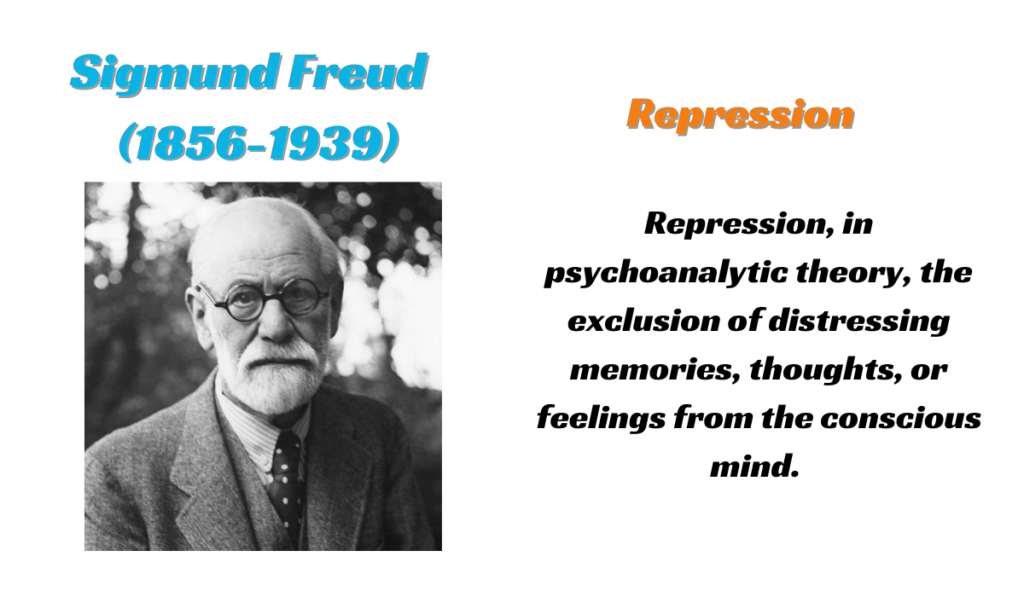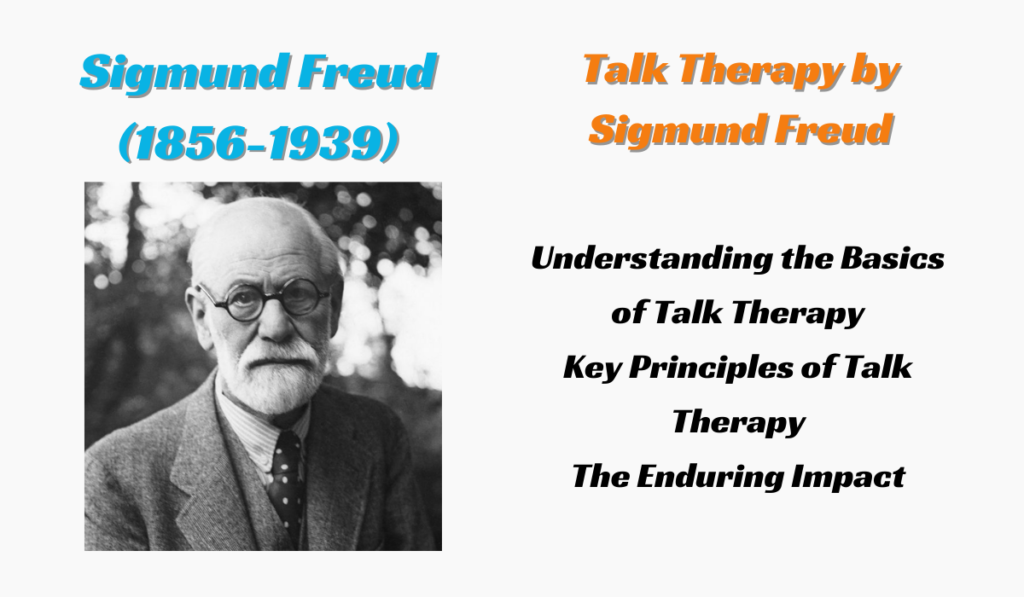Penis envy, a concept by Freud in 1908, is integral to his theory on child psychosexual development. This theory explores how children form sexuality and gender identity. During the stages from oral fixation to sexual maturity, Freud believed in inherent bisexuality. In the third stage (3–6 years), he argued that females experience penis envy, feeling a deficit. Freud suggested blaming the mother and seeking identification with the father during this phase.
Moreover, he posited that disruptions at any stage could lead to adult mental illness. Despite expecting eventual acceptance of gender roles, Freud believed penis envy persists, contributing to mental health issues like jealousy. In males, he proposed castration anxiety as a counterpart, involving sexual feelings toward the mother and fears of punishment for such fantasies.

Is Penis Envy real?
Does penis envy exist? Scientifically, no data is backing Freud’s theory. Recent and high-quality studies on this are lacking. Likewise, castration anxiety lacks scientific support, as do reinterpretations by other psychoanalysts.
Criticisms on penis envy theory
Gender inequality
Critiques of penis envy theory include gender bias
- Karen Horney argued that Freud’s view reflected male-dominated societal influence. While she acknowledged penis envy, Horney believed it stemmed from women coveting men’s greater freedom.
- Psychiatrist Clara Thompson supported this perspective. Unlike Freud’s theory, a 1981 cross-cultural study found more penis envy-related imagery in women’s dreams from male-dominated cultures. Moreover, ample evidence indicates that global gender inequity directly harms the mental health of women and girls.
Narrowing Gender Expectations
Critics argue Freud limits individuals to traditional gender roles, expecting women to conform to conventional femininity as wives or mothers. Suppose someone assigned a female at birth acts contrary. In that case, Freud views it as a sign of societal non-acceptance, possibly leading to mental illness. This implies a requirement for everyone to fit conventional ideas of being a man or woman, labeling gender nonconformity or transgender identity as dysfunctional. However, recent research, like a 2020 study, shows positive mental benefits when individuals can live according to their identified gender. This includes:
- improvements in self-esteem
- body image,
- stress coping abilities
- optimism about the future.
Heteronormativity
Freud’s theories consider heterosexuality the norm, viewing deviation as a result of disrupted psychosexual development. While he didn’t label homosexuality a mental illness, his work was used for that argument. This led to pathologizing being LGBTQ+ and harsh treatments aiming to “cure” same-sex attraction.
Neglects Intersex Individuals
Biological sex varies on a spectrum, including intersex individuals with elements from both male and female biology. However, Freud’s theories overlook this diversity. They assume everyone neatly fits into either “male” or “female” categories.
Reproductive Envy
Expanding on Freud’s ideas, Karen Horney proposed womb and period envy. In the 20th century, she suggested men envy women’s reproductive abilities. Womb envy, including envy of menstruation, might drive men to seek dominance. However, like penis envy, there’s limited research proving the reality of womb envy.
Is penis envy relevant today?
Despite ongoing debate, scientific evidence is lacking. Some feminists reframe or counter the idea. In misogynist online spaces, like incel communities, penis envy is popular. These claims contradict proof of harm from gender inequity. Such beliefs contribute to a violent and sexist ideology oppressing women. Modern psychologists generally avoid using the concept of penis envy in their work.
Conclusion
In conclusion, the concept of penis envy, introduced by Freud, posits that female children may experience distress due to not having a penis, possibly leading to mental illness. Despite its historical influence in the 20th century, this theory lacks scientific support and faces criticism from psychologists. Modern mental health professionals generally do not incorporate it into their practices. The evolving understanding of gender and mental health emphasizes the importance of evidence-based approaches that consider a diverse range of experiences and identities.
Bibliography
Dahl, E. K. (1996). The concept of penis envy revisited: A child analyst listens to adult women. Psychoanalytic Study of the Child, 51, 303–326.
Freud, S. (1931). Female sexuality. In The standard edition of the complete psychological works of Sigmund Freud, volume XXI (1927–1931):
Horney, K. (1924). On the genesis of the castration complex in women. International Journal of Psychoanalysis, 5, 50–65.
Tyson, P. (1989). Infantile sexuality, gender identity, and obstacles to oedipal progression. Journal of the American Psychoanalytic Association, 37(4), 1051–1069.
Mariam holds an MS in Sociology with a specialization in Medical Sociology and Social Psychology. With a strong academic background and extensive research work in both fields, she brings depth and clarity to complex topics. Her writing explores the intersection of society, health, and the human mind, making academic ideas easy to grasp and relevant to everyday life.


